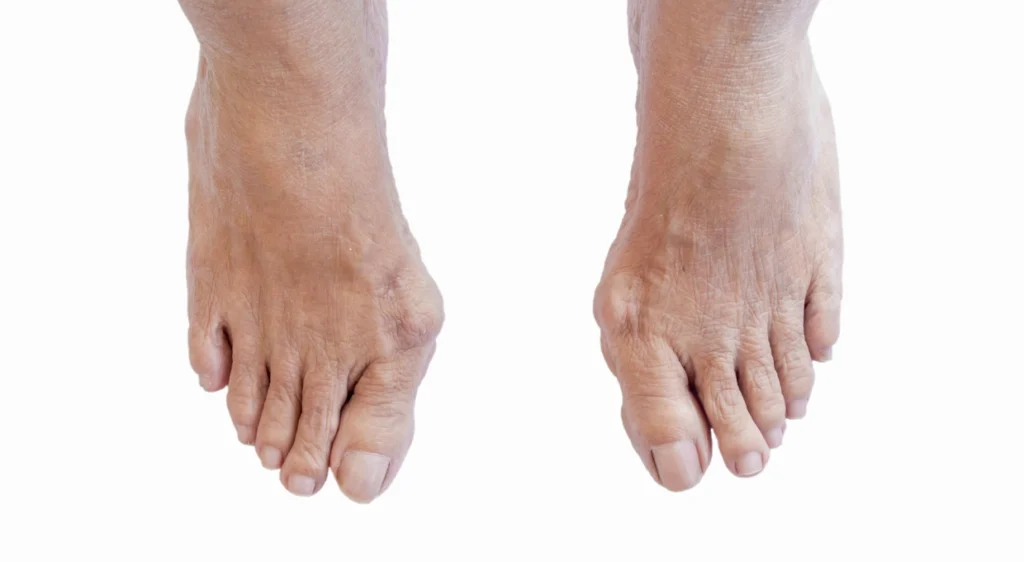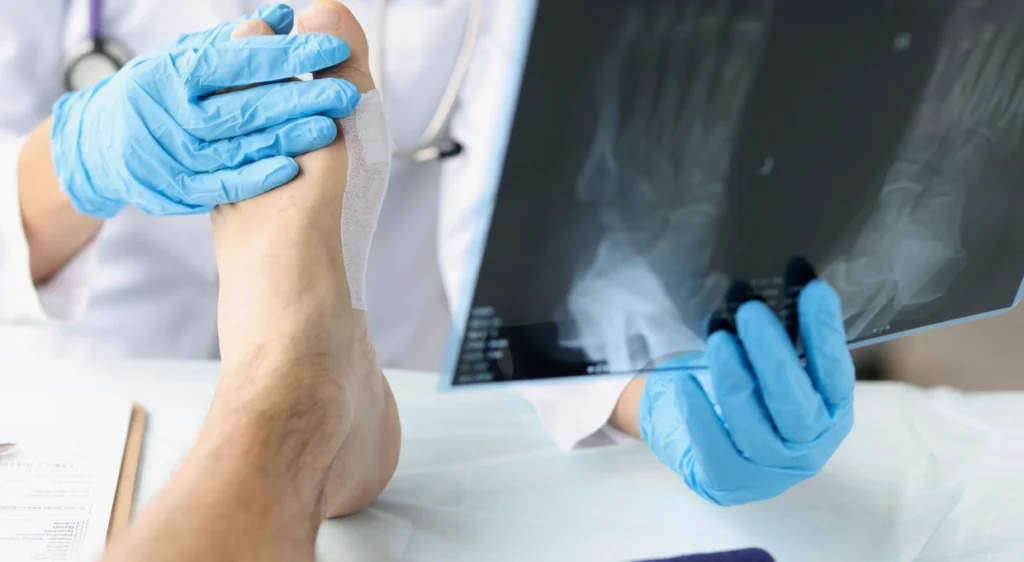The phenomenon of feeling your feet “go to sleep,” also known as paresthesia, is a common sensation that almost everyone experiences at one time or another. This numbness and tingling sensation can be temporary and generally harmless, but in some cases, it can be an indication of more serious health problems. Understanding the causes behind this phenomenon is key to knowing when it is temporary and when it may be necessary to consult a physician.
What is paresthesia?
Paresthesia is an abnormal sensation in the skin that may manifest as tingling, numbness, itching or a burning sensation. It can occur anywhere on the body, but is especially common in the extremities, such as the feet. This condition occurs when there is a disruption in the nerve signal that travels to and from the nerves to the brain. When the nerves become compressed or irritated, the flow of information is interrupted, causing these strange sensations.

Common causes of paresthesia in the feet
- Pressure on the nerves: The most common cause of numb feet is pressure on the nerves that occurs when you stay in one position for a long time. For example, sitting cross-legged or standing for long periods of time can compress a nerve, interrupting blood circulation and causing numbness.
- Poor circulation: Poor blood circulation can cause the feet to become numb. This can occur if blood vessels are clogged or if blood pressure is low. When blood flow is reduced, the extremities do not receive enough oxygen and nutrients, which can lead to paresthesia.
- Pinched nerve or nerve compression: Conditions such as sciatica, in which the sciatic nerve is irritated or compressed, can cause numbness in the feet. Other nerve compression problems, such as tarsal tunnel syndrome, may also be responsible for this sensation.
- Diabetes: Di abetic neuropathy is a common complication of diabetes that can cause damage to the nerves in the extremities. This nerve damage can cause numbness or tingling sensations in the feet, and in more severe cases, can lead to loss of sensation.
- Vitamin deficiencies: B vitamins, especially B12, are essential for nerve health. A deficiency of these vitamins can cause nerve damage, resulting in paresthesia in the feet. Vitamin B12 deficiency, in particular, can lead to serious problems if left untreated.
- Alcoholism: Excessive alcohol consumption can damage nerves, a condition known as alcoholic neuropathy. This nerve damage often manifests first in the lower extremities, causing numbness, tingling and weakness in the feet.
- Infections or inflammation: Some infections and inflammatory conditions, such as multiple sclerosis or Guillain-Barre syndrome, can affect the nerves and cause the feet to fall asleep. These conditions are more serious and require immediate medical attention.
- Medications: Some medications, especially those used in cancer treatments, can have side effects that include nerve damage and, therefore, paresthesia in the feet.
When is it a concern?
Although numbness in the feet is usually temporary and goes away once you change position or massage the affected area, there are situations where it may be a symptom of a more serious condition. It is important to seek medical attention if:
- The numbness persists for a prolonged period of time or becomes recurrent.
- The sensation is accompanied by pain, muscle weakness or problems walking.
- You experience numbness in other parts of your body.
- You have a history of diabetes, vascular disease or excessive alcohol consumption.
These may be signs of an underlying neurological or circulatory problem that requires a complete medical evaluation.
Treatment and prevention
Treatment of paresthesia in the feet depends on the underlying cause. If the cause is temporary, such as nerve compression, changing position or performing stretching exercises may be sufficient to relieve symptoms. However, in more complex cases, treatment may include:
- Medications: If paresthesia is caused by a medical condition such as diabetes, treatment will focus on controlling the underlying disease. This could include medications to control blood sugar levels, or to relieve nerve pain.
- Physical therapy: Physical therapy can help relieve nerve compression and improve blood circulation in the feet. Specific exercises can strengthen muscles and improve posture to reduce pressure on the nerves.
- Vitamin supplements: If paresthesia is caused by a vitamin deficiency, your doctor may recommend supplements or dietary changes to correct the deficiency.
Conclusion
Numbness in the feet is a common symptom that is usually not a cause for concern. However, when it becomes persistent or is accompanied by other symptoms, it may be an indication of a more serious health problem. If you experience frequent paresthesia in your feet, it is important to consult a physician for a complete evaluation and appropriate treatment.



